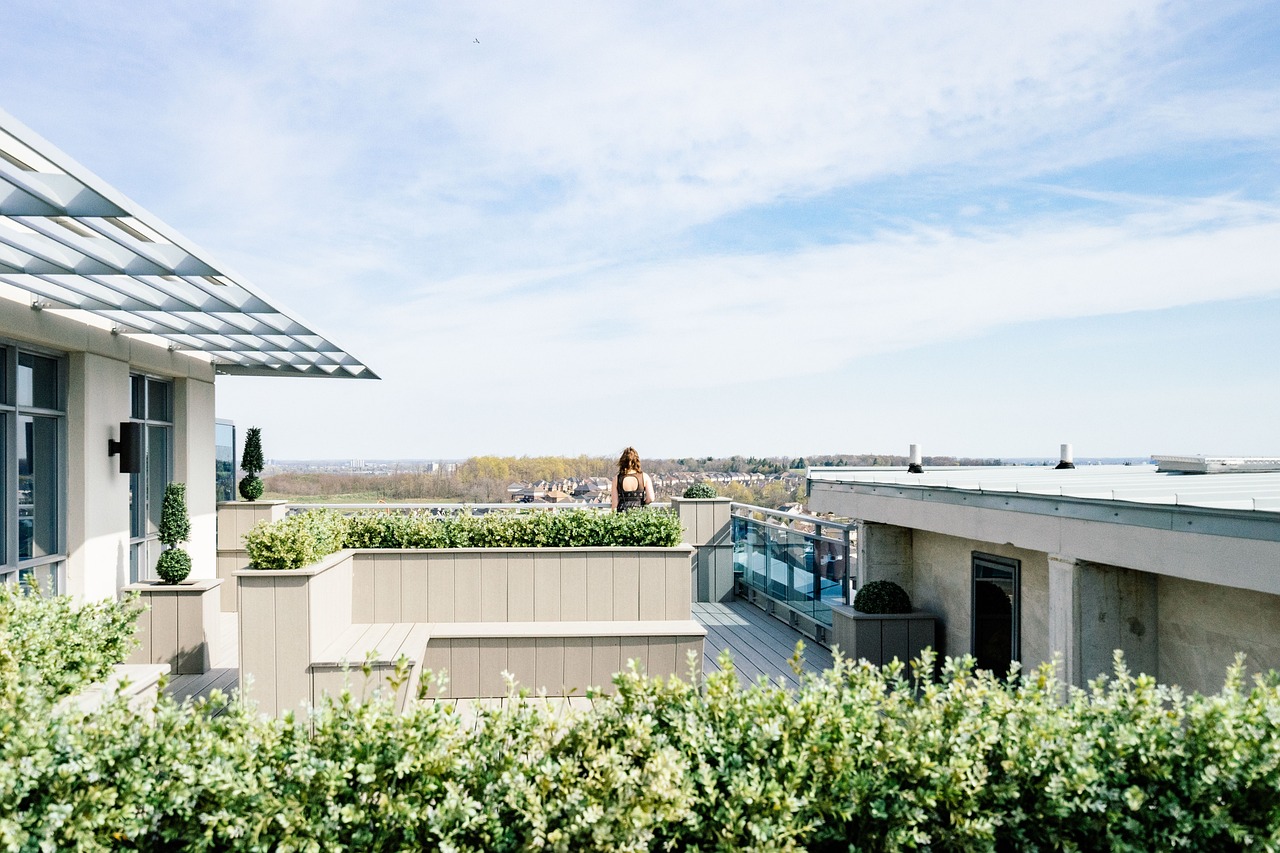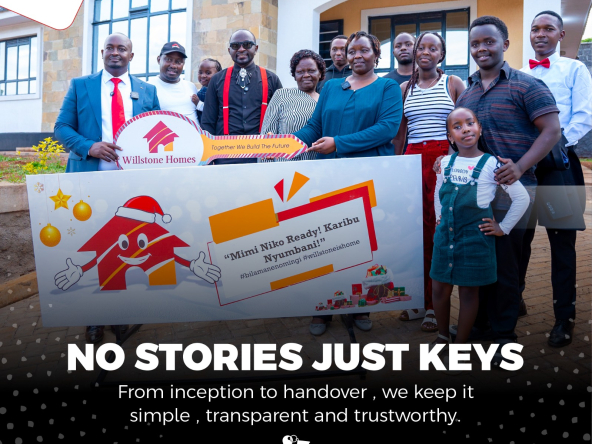In Nairobi’s dense real estate landscape, standing out is everything. With more apartments rising every month and competition for buyers intensifying, developers are turning to non-traditional features to capture attention. One trend gaining visibility—both literally and figuratively—is rooftop farming in Nairobi apartments.
But is it a genuine value addition or just another clever marketing tool? And more importantly—do buyers care?
Read Also: How Infrastructure Projects in Kenya Impact Property Values
From Luxury Gyms to Lettuce: The New Face of Apartment Amenities
The Nairobi apartment game has shifted. Where gym access and backup power once differentiated high-end units, today’s developers are pushing more eco-conscious, lifestyle-oriented features.
Enter urban farming in Nairobi: kitchen gardens, hydroponic setups, and full-scale rooftop farms now appearing in marketing brochures from Kilimani to South B.
In Kilimani, one developer of a mid-rise apartment complex recently unveiled rooftop garden spaces with private planter boxes for each unit owner. In South B, another estate includes shared greenhouses managed by an in-house horticulturist.
The pitch? Lower grocery bills, improved food security, and “a greener way to live.”
Why Rooftop Farming Is Gaining Ground
Several factors are fueling the interest in rooftop farming in Nairobi apartments:
- Rising cost of food.
Urban dwellers are feeling the pinch, and having access to fresh vegetables—grown upstairs—feels like a smart, practical solution. - Environmental awareness.
There’s a growing market segment of buyers looking for sustainable real estate in Nairobi, and rooftop farms fit that narrative. - Marketing differentiation.
Developers need a fresh hook to sell units. Rooftop gardens in Kilimani grab attention in a crowded ad space. - Lifestyle appeal.
Tending to your own tomatoes has gone from being a village chore to a city luxury. It speaks to wellness, mindfulness, and modern eco-living.
Do Buyers Actually Care?
Here’s where it gets nuanced. Developers may market rooftop farms as a lifestyle feature, but do potential homeowners value it enough to influence their purchase decision?
We spoke to three property agents and two buyers who recently viewed apartments with rooftop farming spaces. The feedback was mixed.
- Buyers under 35 found the idea “cool” and “Instagram-worthy,” but not a dealmaker.
- Families liked the idea of “fresh sukuma” but worried about upkeep and access.
- Investors—who form a large part of Nairobi’s apartment buyer base—saw no rental premium or resale edge tied to rooftop farming.
In short, buyers like it—but rarely pay for it. At least, not yet.
Read Also: Kikuyu vs Ruiru Real Estate Investment: Which is Better?
Developer Perspective: Gimmick or Strategy?
We interviewed a developer currently building a 7-floor apartment in South B with an integrated rooftop garden system.
“It’s partly branding,” he admitted. “We know it won’t make someone buy, but it gets them to book a viewing. Once they’re here, we sell them on space, finish, and location.”
He added that rooftop farming also helped him qualify for green building tax incentives under Nairobi’s pilot environmental compliance program.
That’s the strategy: use sustainability as a front-end hook, then convert with traditional features.
Read Also: How Kenyans Are Customizing Their Maisonettes for Resale Value
Challenges and Limitations
Rooftop farming in Nairobi is not without complications.
- Maintenance responsibility: Who manages the farm? The developer? Tenants? Is there a service charge?
- Structural concerns: Rooftop gardens add load. Older buildings may not support them without retrofitting.
- Legal ambiguity: There’s still little regulation around rooftop food production in multi-unit properties.
- Buyer adoption: Not every resident wants to tend vegetables. In shared spaces, neglect or conflict is common.
Without a clear strategy, these farms can become dead zones—abandoned and dry after the first rains.
So, Is It a Value Add or a Gimmick?
From a pure return-on-investment lens, rooftop farming in Nairobi apartments isn’t driving higher unit prices—yet. But from a branding, lifestyle, and lead-generation perspective, it’s delivering real results for developers.
As buyer preferences shift toward eco-friendly apartment features and environment-conscious housing in Nairobi, rooftop farming could evolve from novelty to necessity.
Already, some developers are including green roofs, solar panels, and food gardens as part of their sustainability pledges—not just for market appeal but to comply with emerging environmental regulations.
Read Also: Using TikTok Real Estate Marketing Kenya to Sell Off-Plan Units in 48 Hours
It’s Not About the Spinach—It’s About the Story
In Kenya’s evolving real estate scene, stories sell. And few stories resonate as well today as sustainability, self-reliance, and health. While the ROI of rooftop farming in Nairobi apartments might still be indirect, its impact on brand perception and buyer engagement is clear.
Done well, it’s a smart way to stand out. Done poorly, it’s a rooftop headache.
For now, it’s both—a gimmick and a value add. But in a city growing upward and outward, anything that makes your roof work harder might just be worth it.





